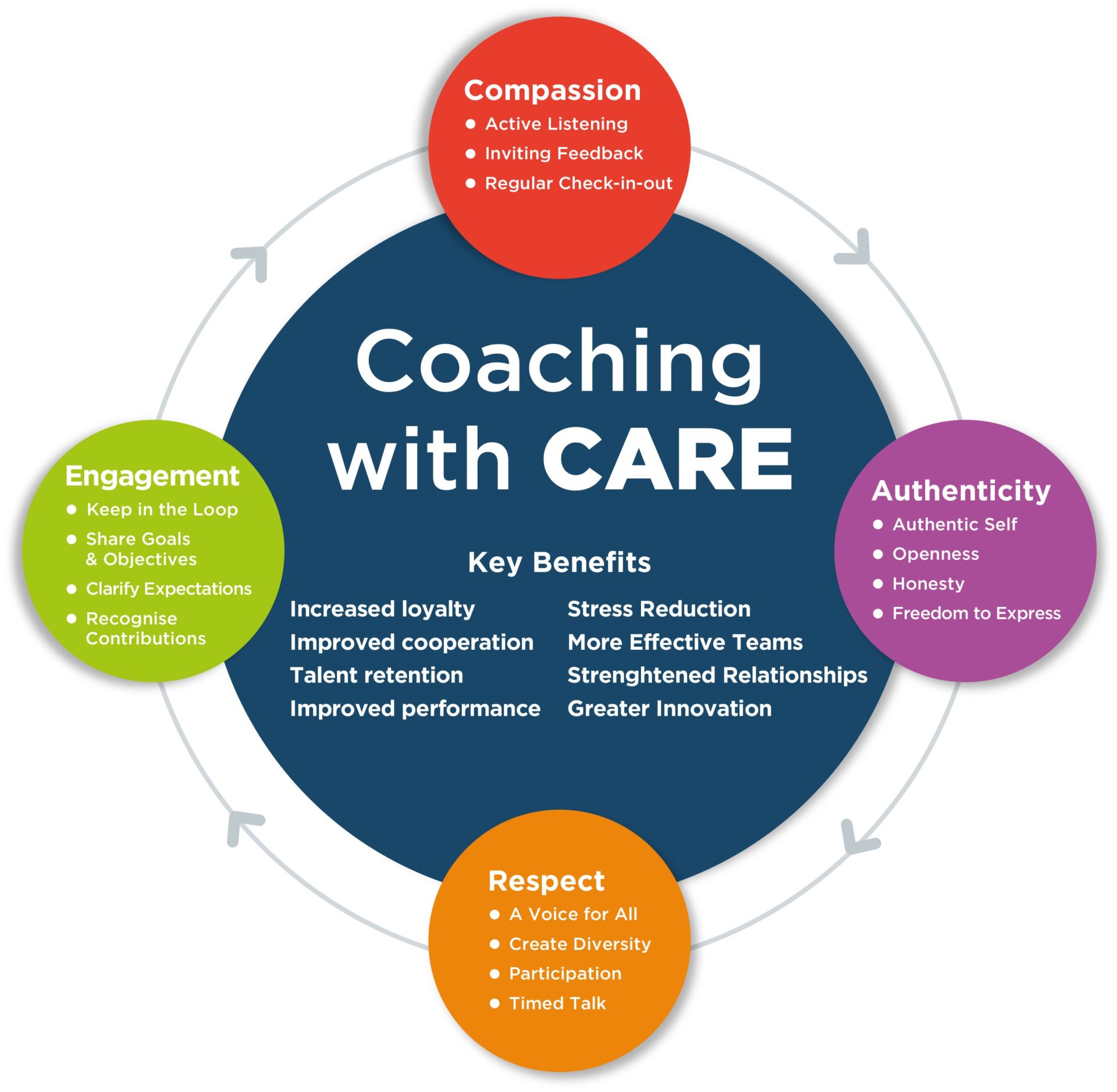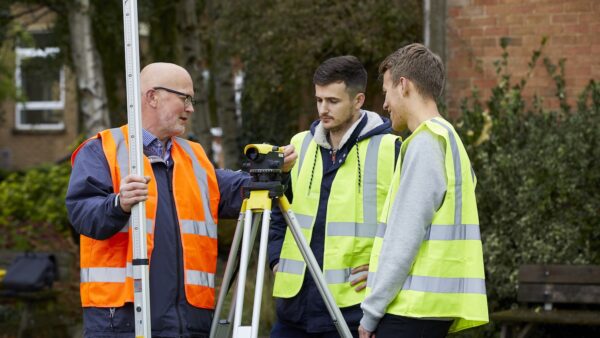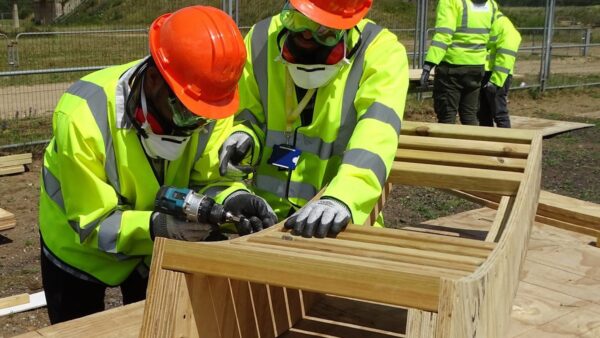
Business consultant and leadership coach Leo Aspden sets out four steps to becoming a more effective leader in the construction industry.
What is it that makes a great leader? How can you become a more effective leader?
Even with unlimited access to global intelligence practically whenever we want and wherever we are, perhaps we are still missing the plot. Many of us may have grown up being taught that we need to learn from others, so-called experts with the knowledge and experience. Following the principle of “standing on the shoulders of giants” we seek out those who we learn to respect, revere, admire, worship, and seek to follow or surpass.
In the past, the strong leader was typically the one who was decisive, assertive, demanding, strong-willed, direct, brave, and confident. Whilst some of these qualities are still valuable traits of a leader, effective leadership requires a whole new set of qualities that until recently have been undervalued.
When leaders adapt their style to one as a coach, they adopt a fundamentally different approach with powerful outcomes. The leader as coach recognises the potential in each individual and member of the team. The use of incisive questions will help remove blockages and achieve goals that were until now unattainable.
‘Coaching with CARE’ is a unique model based on four critical criteria to improve self-awareness and social awareness and deliver benefits that excellent leaders cannot afford to ignore.
Compassion
Here, the focus is on empathy, the capacity to feel what others are feeling. Leadership that starts with compassion and empathy will embrace active listening, with a genuine interest in what others say, think or feel – inviting feedback and providing regular check-in and check-out opportunities when working remotely. Where leaders practice compassion, loyalty and retention of employees and talent will increase.
Compassion demonstrates a genuine interest in the wellbeing of others (our employees, our colleagues, our team). It can reduce stress, allowing individuals to respond and act from a better place, enabling improved cooperation and performance.
Authenticity
For some leaders, the challenge of being authentic can be an uncomfortable one. However, practising vulnerability and being our true authentic self has probably never been as vital as it is right now.
Authenticity can mean showing up for our employees, team and colleagues and allowing them to see that we genuinely care. In addition, embracing openness, honesty and offering feedback, including constructive criticism, without judgment builds trust. Finally, it improves the freedom to express ideas, leading to better outcomes and solutions and more effective teamwork.

Respect
Respect is a powerful and often misunderstood concept. We may find it easier to respect those we have elevated to the level of expert, thought leaders, those who appear to be the trailblazers, the confident and the great communicators. Respect is about embracing and encouraging all to participate, to respect different approaches, learning to give a voice to those whose contribution might otherwise be overlooked.
One example is how leaders might disregard the ideas and needs of introverts in the business. Introverts and extroverts have very different needs. Extroverts might find remote working a real challenge, needing the opportunity to check in more frequently with team members. Introverts can bring a sense of balance to the team, checking in on others, inviting others to share their ideas and feelings, creating an environment in which colleagues can feel safe and accepted to the benefit of all.
In group or team meetings, ‘timed talk’ can be an effective way of ensuring that everyone has a voice and that the best ideas don’t remain hidden.
Engagement
Restrictions on working have driven businesses to find new ways of working. Remote or hybrid working has become the new normal, bringing the challenge of keeping employees engaged and motivated.
Engagement can be improved when leaders keep employees and team members in the loop, invite feedback, and listen to ideas and concerns. In addition, ensuring open communication of business plans, encouraging open discussion and debate, being clear on expectations and recognising contributions and achievements can all help to enhance engagement.
In summary, following the four steps of the Coaching with CARE approach will enable leaders to lead their teams more effectively towards challenging goals, unleash new potential and ideas, retain talent, and enhance engagement.
Leo Aspden is a high growth business consultant and leadership coach with more than 30 years’ experience of working with businesses in the construction sector in coaching, leadership development, business strategy and marketing.











